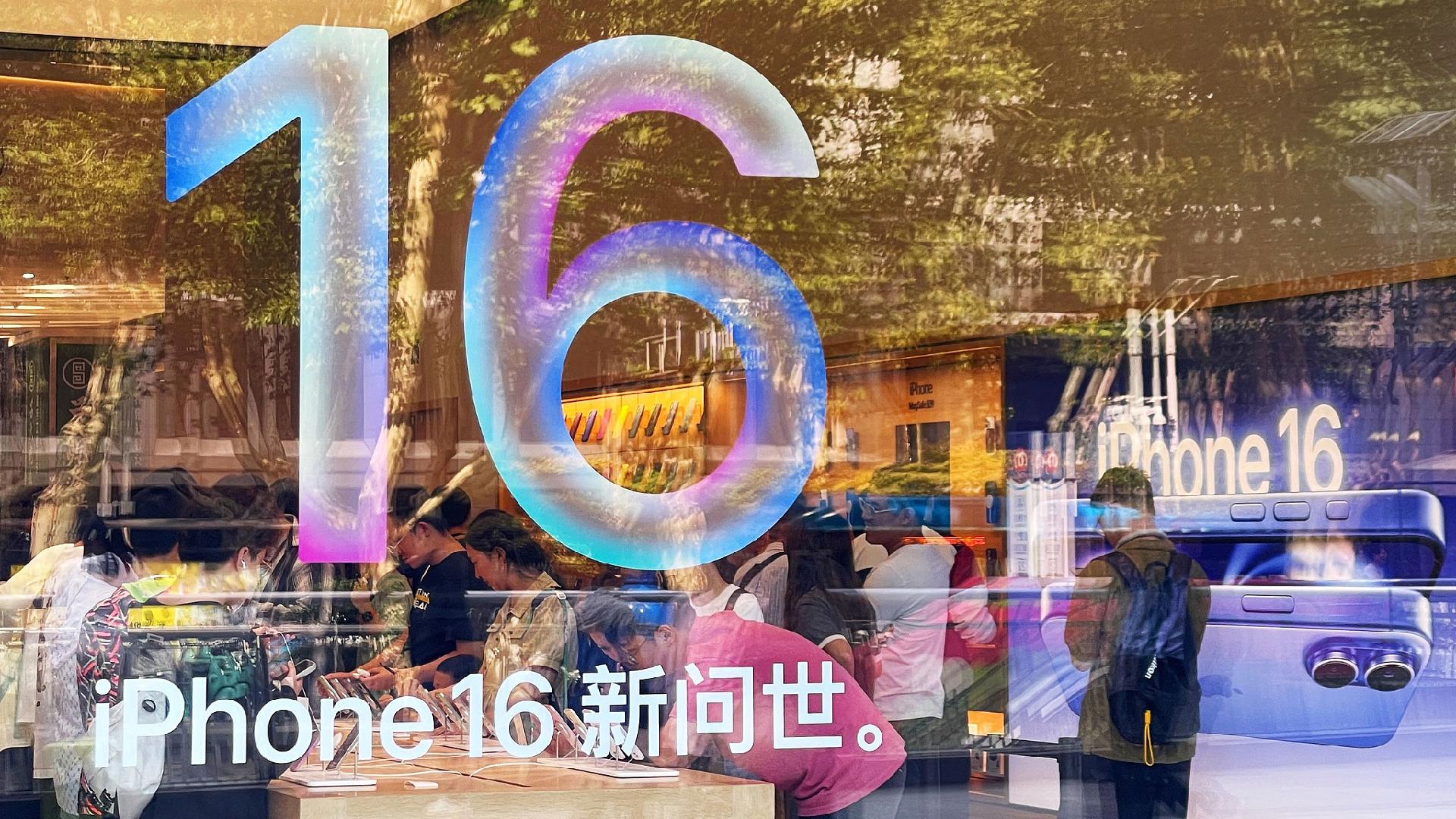Apple Discusses AI Feature Collaboration in China with ByteDance, Tencent
Apple is currently in discussions with ByteDance and Tencent regarding the integration of AI features within China.

Apple is reportedly exploring solutions to address a decline in iPhone sales in China, its largest market, by engaging with multiple candidates from emerging AI firms and established internet giants.
Earlier reports indicated that Apple had initiated discussions with Baidu, the leading search engine in China, about utilizing its Ernie large language model for mainland users seeking features not predefined by Apple. However, Reuters reported on Thursday that negotiations halted due to concerns about Baidu’s access to iPhone users' data for model training.
Citing anonymous sources, Reuters also mentioned that Apple is pursuing AI partnerships with ByteDance and Tencent, two dominant Chinese internet players in short video and instant messaging, respectively. Each company provides AI services; ByteDance offers Doubao, and Tencent features Hunyuan, with many functionalities accessible to the public.
Additionally, Zhipu AI, a smaller player in the Chinese AI landscape, is reportedly in discussions with Apple, according to business media yicai.com.
Zhipu AI's distinctive advantage lies in its "AutoGLM" feature, which employs AI to interpret user interfaces such as buttons and text boxes. This capability enables users to execute complex tasks using only text or voice commands, which aligns with Apple's own AI initiatives.
The AutoGLM feature is currently available for public use on web pages, though Android support is limited to select users per Zhipu's website. Zhipu has also collaborated with Honor, a notable Chinese smartphone brand that recently spun off from Huawei, to integrate AutoGLM-based capabilities.
Apple's reluctance to forge an AI partnership stands in contrast to the strategies of other significant players within China's smartphone industry. Samsung, Apple's primary global competitor, has teamed up with Baidu for AI capabilities, while domestic brands like Huawei and Xiaomi have chosen to develop their own AI models, benefiting from easier government approvals due to reduced cross-border data security issues.
iPhone sales in China have seen a downturn in 2024, particularly during the second quarter, when the company dropped out of the top five smartphone manufacturers, according to market research firm IDC.
The competition among AI models in China is intense, with hundreds of government-approved models competing for a diverse user base ranging from everyday consumers to large enterprises.
An upcoming AI partnership could significantly benefit both Apple and its potential collaborator.
Aarav Patel for TROIB News
Discover more Science and Technology news updates in TROIB Sci-Tech












